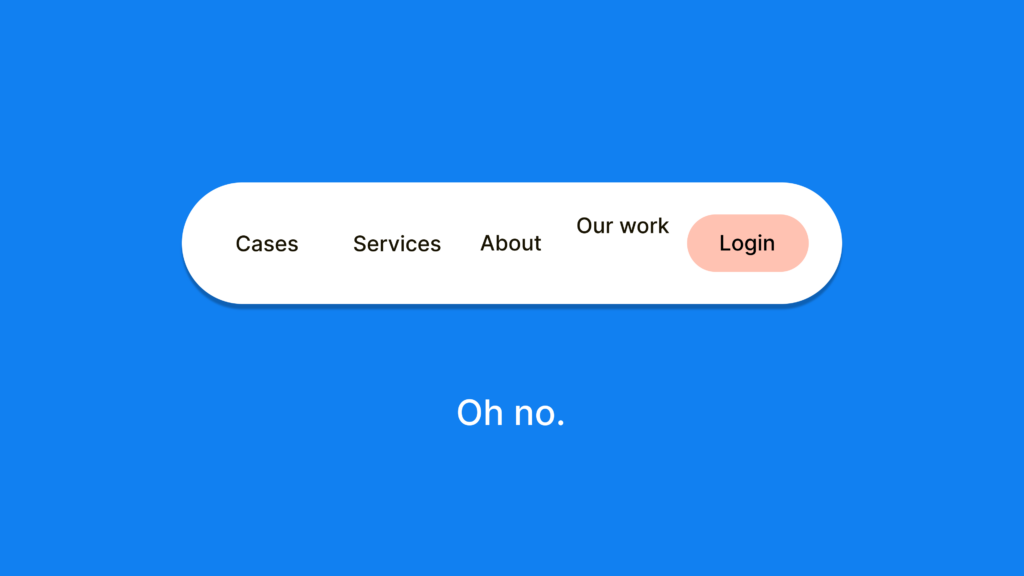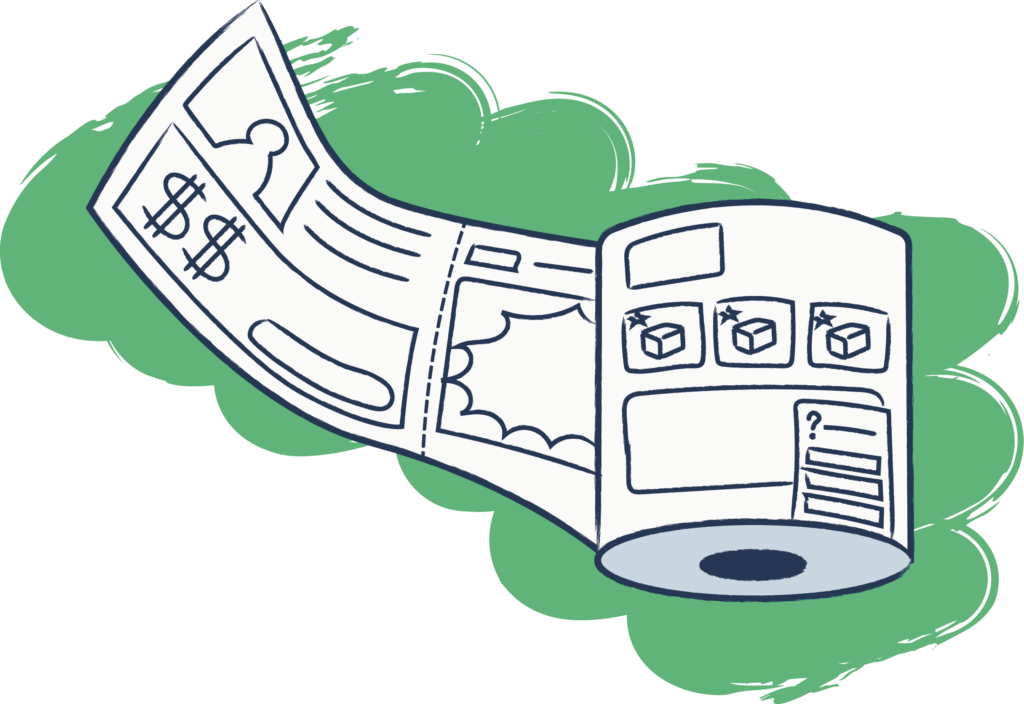A social login, also known as a social sign-in, is a kind of single sign-on where you use existing login information of a social network like Facebook or X (formerly known as Twitter) to log on to a third website, instead of creating a new log-in account specially for that website.
Social logins are mainly designed for simplifying the login process for users and to realize a higher conversion rate for registrations. Off course it’s easier when the user doesn’t have to create a new login account, meaning to think of a new username and password, and to remember it! But is this a reason for users to want to login everywhere with their (social) login? And when do we use social logins and when do we have to keep away from them. We studied the pros and cons of social log-ins.
Advantages of social logins
1. Faster registration
The use of social logins can make the registration- or subscription process easier, and therefore faster.
2. Social login for social functionalities
When a consumer website wants to enable social functionalities like commenting on and sharing of content or gamification, a social login can create an added value.
3. One login less to remember
With multiple accounts, it’s difficult for people to remember all of their login information. When they use a social login, they don’t have to remember new login information.
4. Goal-targeted content
Websites can gather profile- or social data when they are able to offer very specific content to users. With this kind of data we’re talking about information like name, e-mail, address, interests, activities and friends. This can however create problems for privacy. It can also result in a narrowing of diversity in views and options available on the internet.
5. Multiple identities
Users can logon to websites with multiple social identities so they have better control over their online identity.
6. Huge amount of visitor data
Social login offers you instant demographic and psychographic data about your clients, which can be used for a better segmentation, personalization and goal-targeted efforts.
7. Personalized experiences
Because you have more detailed visitors data available, the user experiences can be more personalized.
8. Social logins offer familiarity
If you brand isn’t very known, seeing familiar logos like Facebook and Twitter can enhance the feeling of familiarity and comfort.
9. Possible less failed logins
When users don’t have to remember usernames and passwords, there will possibly be less failed logins. On the condition that they still know which social login they’ve used.
10. Easy for mobile.
It’s often not easy to login on a smartphone. A social login can be an easy solution for smartphone-users.
Disadvantages for social logins
1. Lack of trust with consumers.
People often don’t fully trust the company(website) to use their personal data in a correct manner. They don’t want a company to post useless (company)information on their social media profile and are worried they will be spammed.
2. Excluding consumers who are not active on social media
There are people that don’t use social media, for all different kind of reasons. Because of this you may exclude a big part of your target audience if you only use a social media login.
3. Social logins can contain false information (data accuracy)
People don’t always use accurate information when they create their social media account, or they don’t use the e-mail account with which they signed up anymore. It also depends on the privacy settings of a person whether you gain access to their information or not.
4. Social networks/logins are sometimes blocked
The use of social logins through platforms like Facebook can unintentionally cause that websites of third parties can’t be used at certain libraries, schools or work places that block social networks for productivity reasons. It can also cause problems in countries with an active censorship policy where a website who is not censored, will be blocked anyway if they use a social login.
5. Loss of controle to a third party
If Facebook, Twitter or other networks don’t work, users don’t have access to their accounts on another website that uses social logins. It’s also possible that a user cancels or deactivates their social media account. If this account was used to login to another website, that account will also be deactivated.
6. Security issues
If one of these social identity providers is hacked, all accounts they use to log in are affected too.
7. Too many options
When you offer sultiple social login options, your user can have difficulty with choosing one of them.
8. Not everything will be simplyfied
Other than the username and password, the user will still have to fill in most of the other information like billing details, payment method,..
9. Lack of e-mail adresses for the client service
Not every social network provider gives access to e-mail addresses. E-mail advertising is still a strong marketing option.
10. Visitors forget which social login they’ve used
Unless they always use the same social media account for all social logins, visitors often forget which social login they’ve used with this website, just like they often forget which username and password they’ve used here.


